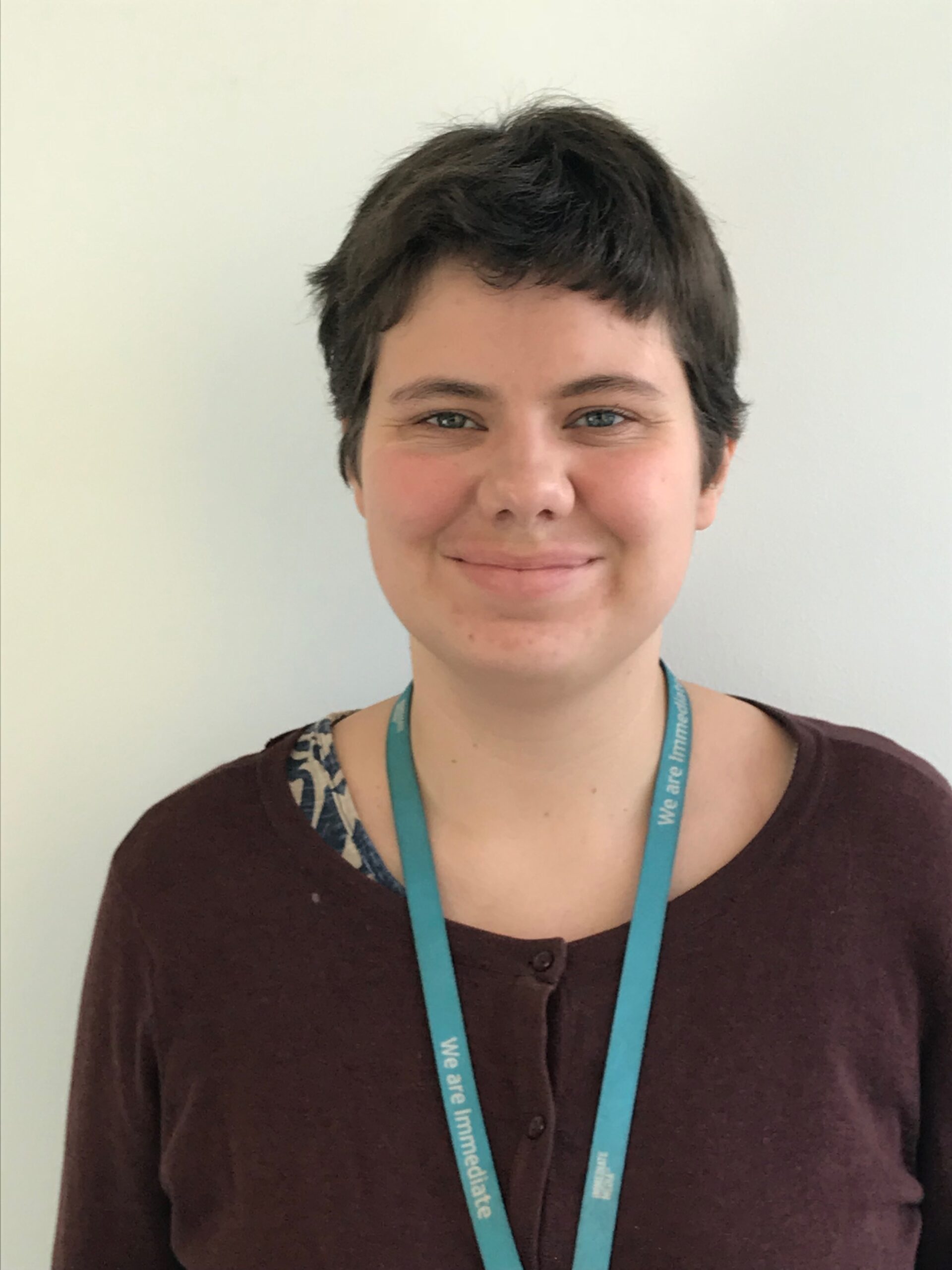Clare Balding was born on 29 January 1971 and is 53 years old. Her parents are horse trainer Ian Balding and his wife Emma Hastings-Bass. She works as a sports presenter for BBC Sport, Channel 4 and BT Sport and can currently be seen presenting BBC One's coverage of the Olympics.
She begins her episode of Who Do You Think You Are? by explaining that she knows very little about her great grandfather, Sir Malcolm Bullock, who family gossip suggests was gay.
“I suppose it would mean that I’m not the first one to be in a same sex relationship and to be gay and certainly not the only one,” she says.
Clare has a portrait of Sir Malcolm’s wife, Lady Victoria Stanley, but Malcolm’s life is shrouded in secrecy. To find out more, she returns to Hampshire, where she grew up, and meets her Uncle Willy, who shows her an old photograph of Malcolm.
He was an MP, was awarded the Legion D’Honneur for his diplomatic work in France and was part of a social circle including Evelyn Waugh, Nancy Mitford and John Gielgud.
At Salisbury Museum, Clare discovers the archive of Rex Whistler, an artist who was rumoured to have a close relationship with Sir Malcolm.
She finds his calendar from 1931, which shows that he and Malcolm dined together regularly and took a trip to Paris together.
Clare isn’t surprised that there are no surviving love letters between the pair, because homosexuality was illegal at the time.
She goes to Port Lympne in Kent to visit the beautiful house of Malcolm’s friend, Sir Philip Sassoon.
Damian Collins MP, an expert on Sassoon, explains that Malcolm was part of a circle of well-known figures who attended Philip’s glamorous house parties, where it was understood that people could conduct secret relationships in privacy.
Now sure that Malcolm was gay or bisexual, Clare’s curious about his relationship with Victoria. Was it a marriage of convenience or did they truly love each other?
Victoria grew up at Knowsley Hall, the ancestral home of the Earls of Derby, so Clare goes there to find out more.
Victoria and Stanley met in Paris when he was working for her father, Lord Derby, the Ambassador to France.
By reading Victoria’s letters, Clare discovers the irreverent and high-spirited nature of the woman in the portrait. But tragedy struck when Victoria died in a riding accident in 1927. In a letter to Winston Churchill, a grieving Malcolm described the “perfect happiness” they enjoyed together.
Clare feels like she knows her great grandparents better now. “I’m really relieved they were happy”, she says.
Next, Clare turns her focus to the Balding side of her family, and the quest takes her to America.
Her grandfather, Gerald Balding, was a star polo player who worked as an instructor at the Rumson Polo Club in New Jersey. There, he met the American heiress Eleanor Hoagland. They married despite disapproval from Eleanor’s wealthy father, Joseph Hoagland.
Clare looks up Joseph in the 1920 census and finds that he lived in the very upscale Madison Avenue and listed his business as real estate.
In New York, Clare sees a $1 million apartment building that Joseph financed, as well as the Fifth Avenue mansion belonging to his father, Raymond.
However, the family fortune started with Raymond’s father, also called Joseph, the owner of Hoagland’s Royal Baking Powder Company.
Food historian Linda Civitello tells Clare that the invention of baking powder in the 19th century brought about a culinary revolution, because it was much more reliable than yeast for making baked goods.
Joseph and his brother Cornelius began selling baking powder in a drugstore in Indiana, before branding the product and moving to New York. Through pioneering use of mass advertising campaigns, Joseph built up a global business.
Clare is curious about what sort of man Joseph would have to be to achieve such success. Old newspaper articles report a business dispute in which Joseph’s own brother, Cornelius, describes him as ruthless and egotistical – the sort of qualities someone might need to climb to the top.
Clare also finds Joseph’s obituary, which claims he was descended from the earliest Dutch settlers in New York. But was he telling the truth, or inventing his ancestry to boost his prestige?
At the Brooklyn Historical Society, Clare meets genealogist Roger Joslyn, who shows her a genealogy of the Hoagland family, funded by Cornelius.
Roger confirms that the history is accurate and that the Hoaglands were descended from early Dutch settlers, the Hooglands.
Not only that, but Clare’s 10x great grandmother Sarah Rapelje was the first European woman to be born in New York.
Reflecting on everything she’s uncovered, Clare says: “I feel more connected to America and to New York, to the hustle and bustle of it.”
